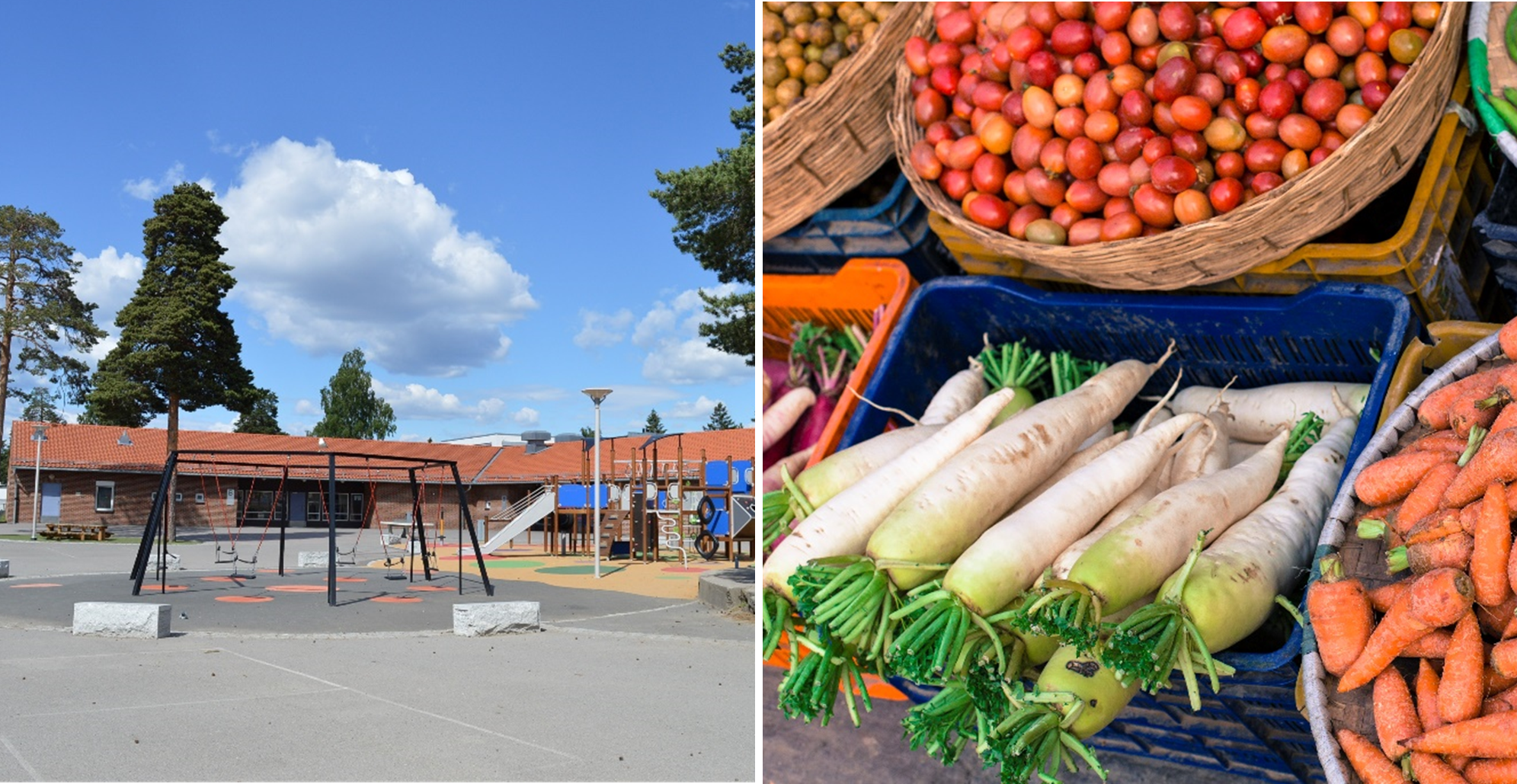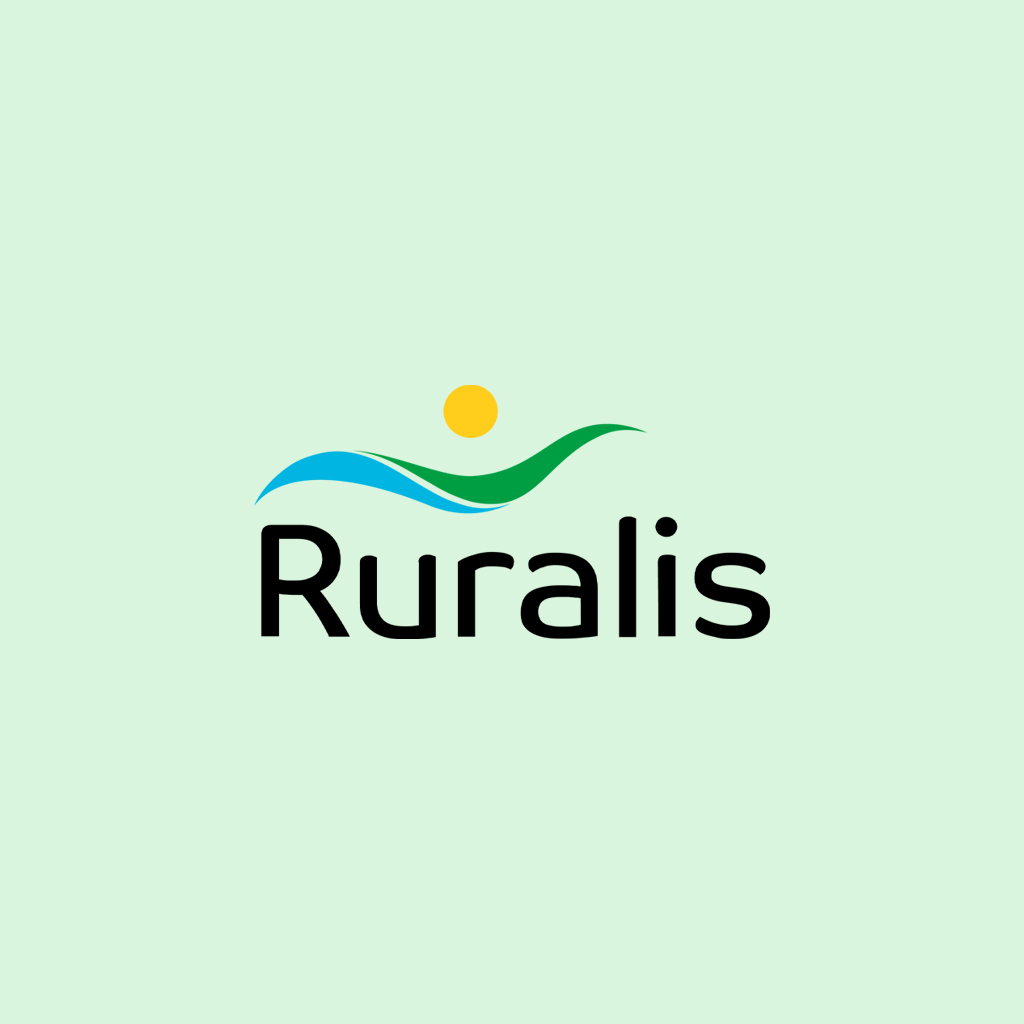PEST-TOX, Eksponering for plantevernmidler og mulig betydning for human helse

Pesticides are used in agriculture and forestry to protect crops from damage caused by fungi, pests, and weeds. In Norway, the use of pesticides is regulated, and the active ingredients must first receive approval in the EU. When evaluating approval, the protection of human and animal health, as well as the environment, should take precedence over the goal of enhancing plant production. However, a significant challenge is that our understanding of the effects of pesticide use on human health may be limited; health problems can take a long time to manifest after prolonged exposure. Additionally, even with pesticides that have been approved, there is often a requirement for low or no adverse exposure before any negative health outcomes can be established.
The purpose of this project is threefold. First, it aims to increase understanding of the extent to which users of pesticides and residents living near sprayed areas are exposed to these chemicals. Second, the project seeks to map pesticide exposure among users in the grain, potato, and fruit sectors. Lastly, it will investigate the conditions that help pesticide users minimize their exposure to health hazards, including the proper use of protective equipment, the availability of reliable guidance, and effective future measures.
Ruralis will focus on how pesticide users perceive their access to and knowledge of appropriate protective equipment, the use of safety data sheets, and the technical equipment available on the market that can help reduce the risk of health hazards.
Project details
Project leaders
External project coordinator
Subject areas
Project number
6699
Project period
01/01/2025 - 31/12/2027
Collaboration partners
Nibio, NILU, Stami – The National Institute of Occupational Health in Norway
Financing
NIBIO
Contact us
Would you like to get in touch with us?
Fill in the form below and we will answer you as soon as possible.

